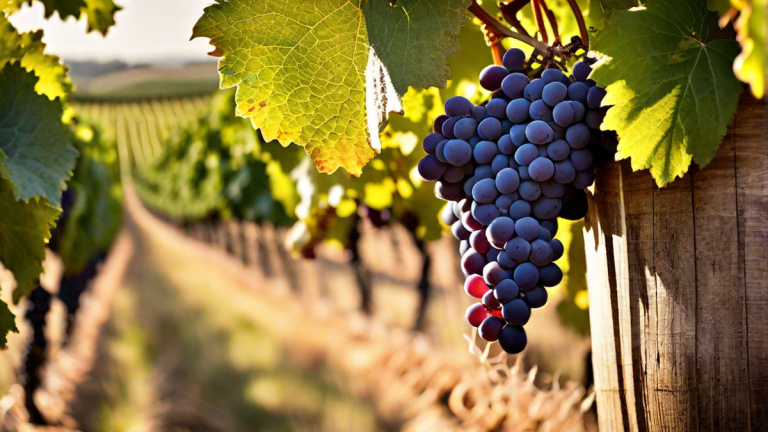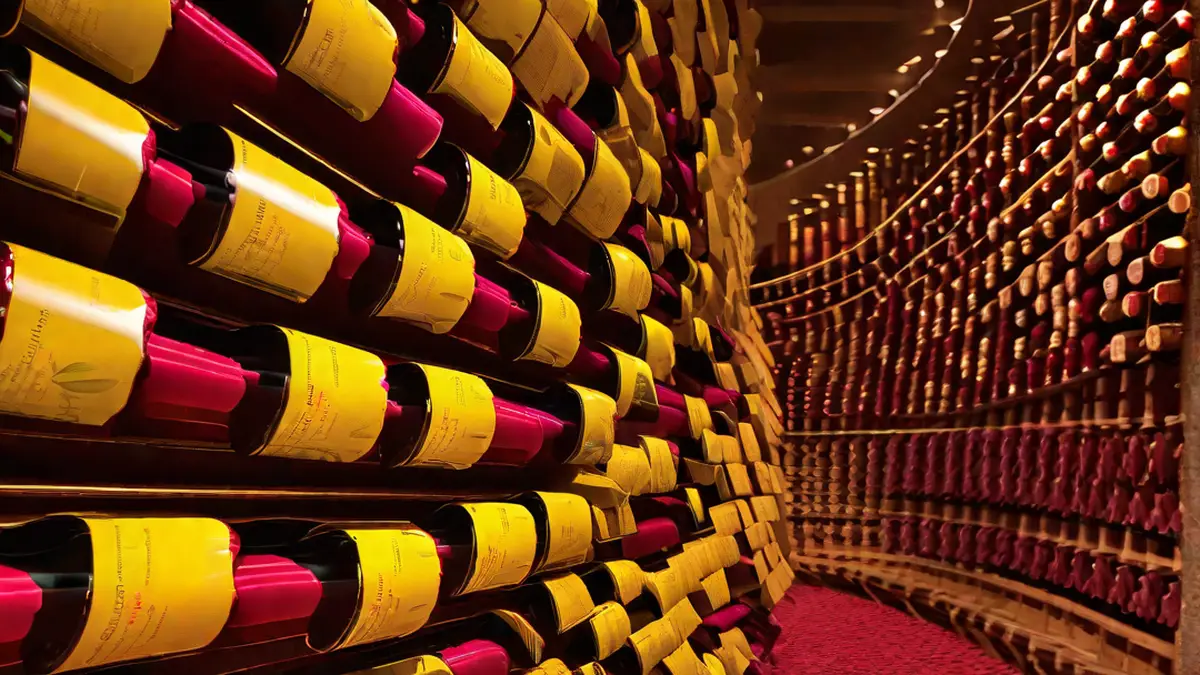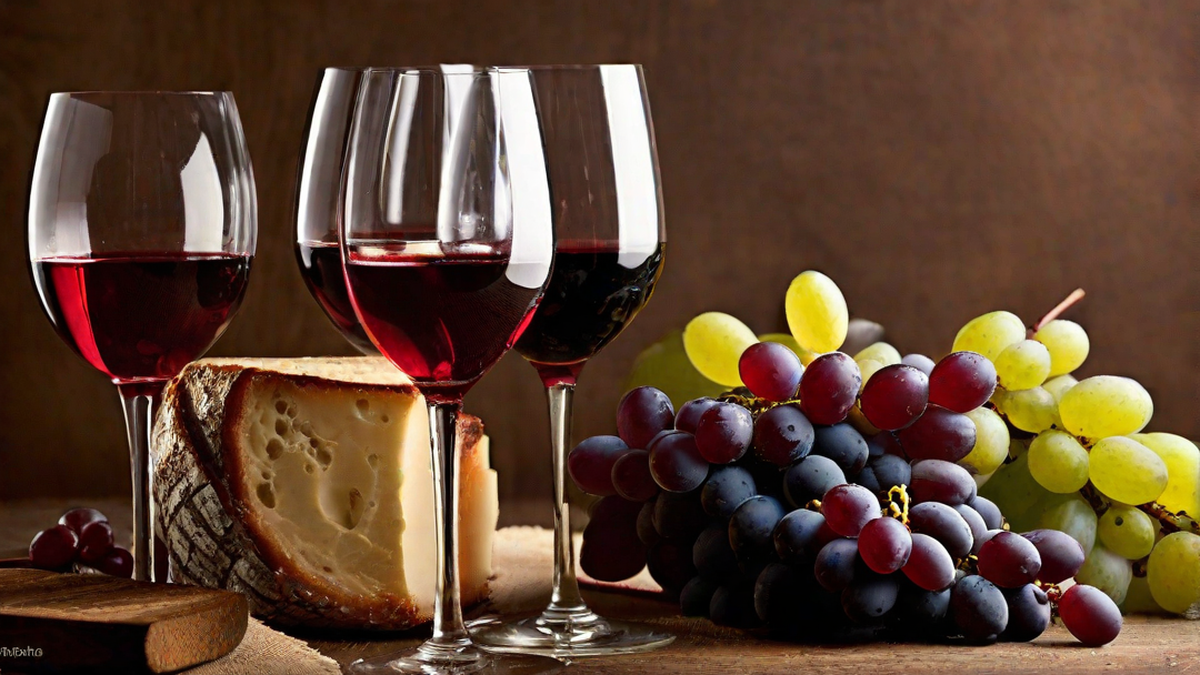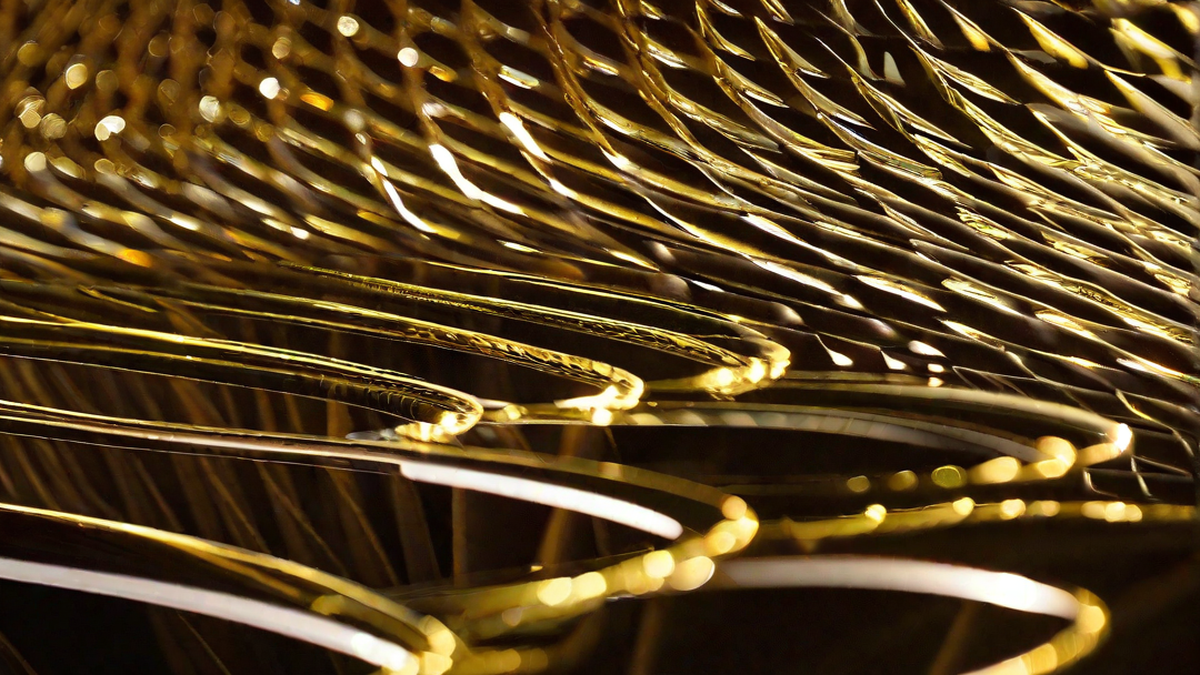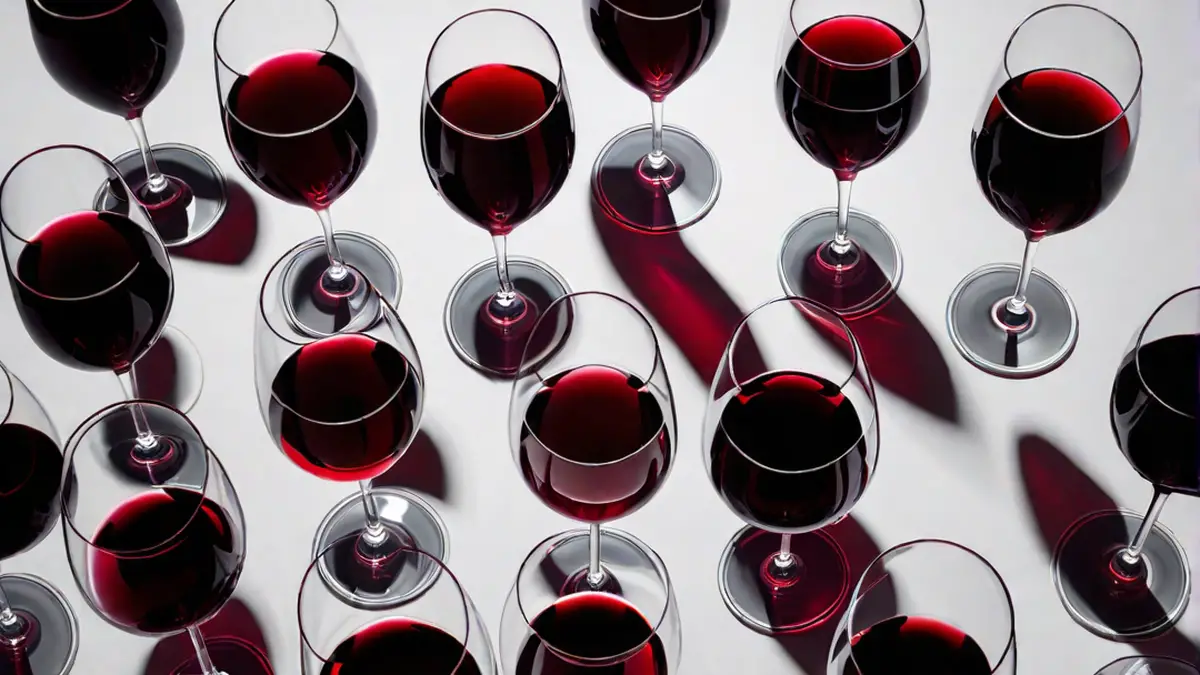When discussing wine, there is one notable and extravagant choice that stands out: champagne. The mere reference to this effervescent drink immediately evokes thoughts of festivities, sophistication, and indulgence. Yet, have you ever pondered the intricate steps involved in producing a bottle of champagne? Allow me to accompany you on a backstage tour and discover the engrossing procedures used in creating this sparkling pleasure.
First things first, yes, champagne is indeed made from grapes. In fact, it is primarily made from three specific grape varieties: Chardonnay, Pinot Noir, and Pinot Meunier. These grapes are carefully selected and harvested during the early stages of ripening to ensure the perfect balance of acidity and sugar.
The process starts with the pressing of these grapes, which is done gently to extract only the purest juices, minimizing the contact with the skins to maintain the desired color and flavor profile. This extracted juice is known as the “cuvée” and forms the base of the champagne.
Once the cuvée is obtained, the magic truly begins. The juice is fermented in stainless steel tanks, and a precise amount of yeast and sugar, known as the “liqueur de tirage,” is added to initiate the second fermentation. It is during this process that the carbon dioxide, responsible for the signature bubbles of champagne, is formed.
After the second fermentation, the champagne undergoes a vital step called aging. This is where the winemaker’s expertise comes into play. The wine is carefully stored in cellars, surrounded by darkness and a consistent temperature, allowing it to develop complex flavors and aromas over time. The minimum aging period for non-vintage champagne is 15 months, while vintage champagnes require a minimum of three years.
Once the aging process is complete, the winemaker moves on to the process of riddling. This entails gradually turning the bottles upside down, a technique known as “remuage,” to encourage the yeast sediment to settle at the neck of the bottle. This sediment is then removed in a process called “disgorgement,” where the neck is frozen, and the frozen sediment plug is expelled with the pressure of the carbonation.
Finally, after disgorgement, a small amount of sugar, known as the “dosage,” is added to achieve the desired sweetness level. This step is crucial in determining the classification of the champagne, ranging from brut nature (no added sugar) to extra brut, brut, extra dry, sec, demi-sec, and doux.
So next time you raise a glass of champagne to toast a special occasion, remember the meticulous process behind its creation. From the careful selection and pressing of grapes to the art of aging and disgorgement, each bottle tells a story of skill, dedication, and tradition. The result is a beverage that embodies luxury and celebration, and no matter how many times I indulge in its effervescence, the experience never fails to captivate me.
In conclusion, champagne is indeed made from grapes, but its journey from vineyard to glass is what truly sets it apart. The combination of specific grape varieties, precise techniques, and the hands of skilled winemakers make champagne a symbol of elegance and extravagance. So, the next time you savor a flute of this sparkling elixir, take a moment to appreciate the craftsmanship and tradition that went into creating such a delightful and cherished libation.
